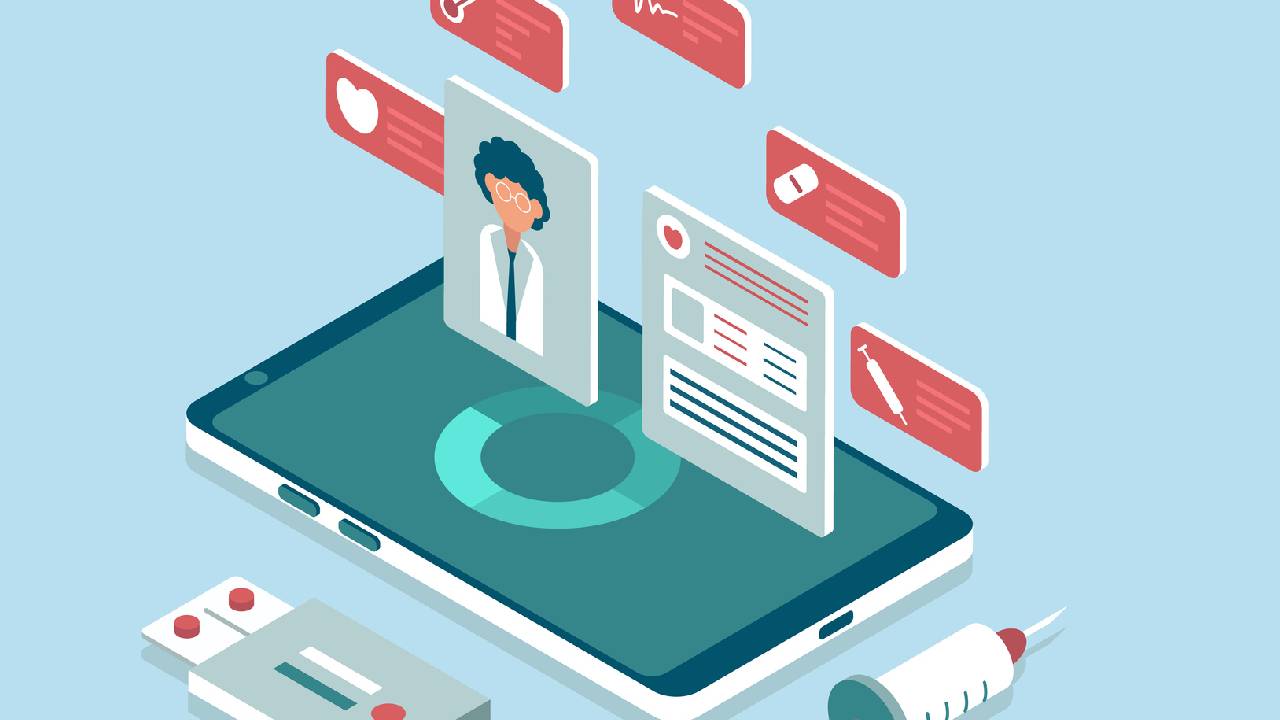In Clinical
Follow this topic
Bookmark
Record learning outcomes
Three years after General Data Protection Regulation rules were launched, many pharmacists and other healthcare professionals are still failing to comply when sharing clinical data via instant messaging, warns Joost Bruggeman, ceo and co-founder of Siilo.
The global pandemic has provided a catalyst for the adoption of specialist digital communications tools which enable secure information sharing and faster decision-making. At Siilo we experienced a 202 per cent increase in app downloads in the past 18 months alone.
When sharing patient notes, photos and sensitive data via messenger apps, healthcare professionals should make sure these five security features are available to ensure privacy, security and data compliance.
Fingerprint/facial recognition & PIN code security
Facial and fingerprint recognition is a convenient way of accessing your apps securely. Including the additional layer of a personalised PIN code gives you much greater security over the sensitive information on your phone, from photos to confidential patient information. These security locks ensure your private messages are protected, helping to prevent other people from accessing them without permission. An additional step taken by some messaging apps is the use of end-to-end encryption, providing the gold standard for protecting communication.
Image-editing features
Allowing images to be edited prior to being sent gives the user the opportunity to blur out any personal details, names, faces and birth dates allowing images to be anonymised, further protecting patient data. At Siilo we have also included another editing feature where critical areas of an image can be highlighted using the Arrow tool. This allows for the focus to be on the matter at hand rather than anything else, streamlining the workflow process and saving valuable time. If the image isn’t correct on the first attempt, the ‘undo’ function enables changes to be reversed, ensuring only the most accurate, relevant information is shared.
Processor agreements
Confidentiality is one of the pivotal factors that is required from a company, business or organisation when sharing data. Users must be reassured that the data they provide is kept safe and that it may only be processed by authorised personnel.
Identity and medical verification
Security in relation to who you are contacting and sharing information with online is paramount. In some instances, apps will ask for verification by uploading an image of your photographic ID. This could be a driving licence, passport or a profession-related ID such as your registration number. This helps to make sure that app users are who they claim to be, ensuring that any potentially sensitive information is being sent and accessed by the intended recipient.
Separation between personal/professional media
Some messaging apps save photos automatically to your mobile phone library, which means that images shared securely within a chat are often unknowingly saved to your personal device. This is generally a default option that needs to be manually disabled by the user, so it is important to check what your messaging app offers and whether these default settings can be turned off. Some apps will allow you to save files and photos directly to their app interface, allowing you to have a record of important files while ensuring they won’t be saved to your device or a cloud service.

